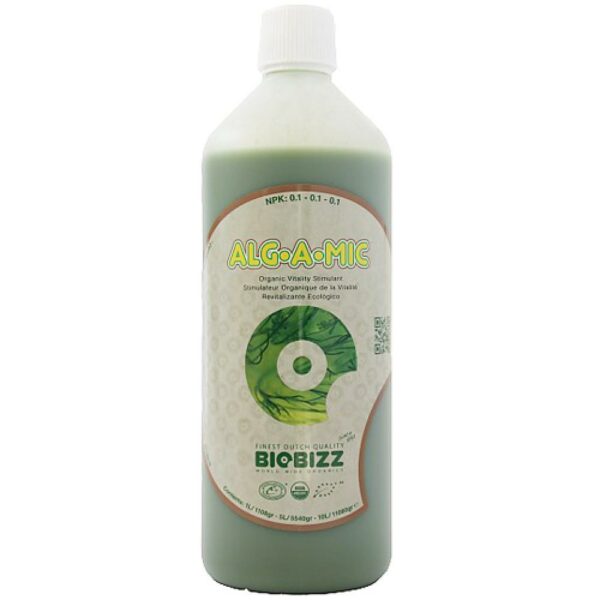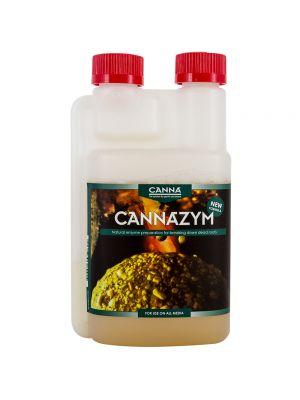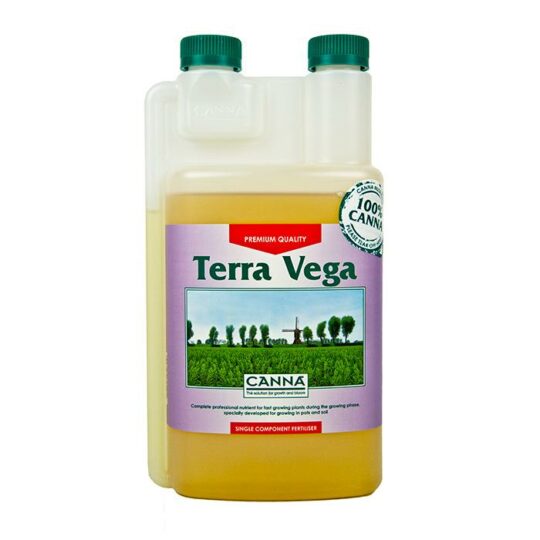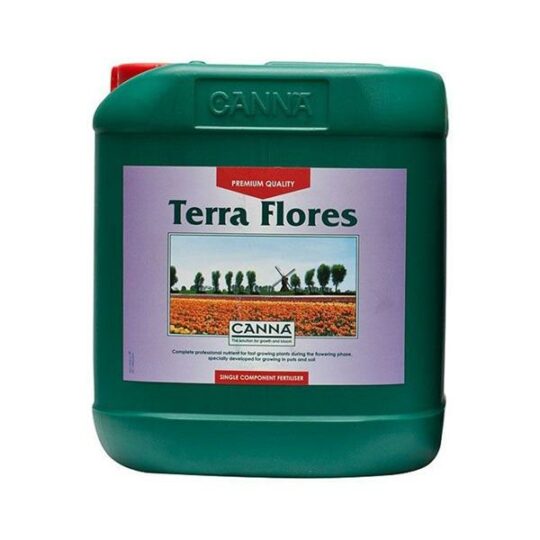Description
Alg-A-Mic is a revitalizing product made from a high- grade, organic seaweed concentrate extracted through cold-pressing rather than chemical solvents. It contains a high content of trace elements and hormones of vegetable origin, naturally occurring amino acids, and vitamins catering to the whole spectrum of plants’ needs. It boosts exuberant green foliage and enhances resistance to diseases.
Seaweeds have been harvested for food, fertilizer, and medicine for thousands of years. History books record that the Chinese used seaweed for medicinal purposes as early as 3000 B.C. Alg-A-Mic is not a fertilizer; it is a bio stimulant to be used along with regular plant nutrition. Unlike many bio stimulants on the market today, Alg-A-Mic is the organic alternative.
How to use BioBizz Alg-A-Mic
Alg-A-Mic contains a low level of NPK, therefore it is impossible to create an Alg-A-Mic overdose. Alg-A-Mic can be used on every substrate, during the flowering- and growing period. Biobizz advises a dose of 1-4ml per litre water. Follow our grow schedule for the best results.
Alg-A-Mic destresses the plant after overfeeding, deficiencies, plant diseases or after temperature differences. A stress-free plant results in larger fruits. Besides, Alg-A-Mic ensures green leaves, by stimulating the absorption of chlorophyll.
Seaweed Secrets – The Seaweed five principle effect on plantgrowth:
Immune system: improves the plant’s ability to withstand certain levels of environmental stresses and reduce the attacks and flare-ups of sap-sucking insect pests on the plants.
Chlorophyll: provides greater maintenance of chlorophyll, leading to greener plants.
Microbes: serves as a source of food for beneficial and benign soil bacteria, resulting in a large increase in microbe numbers.
Nematodes: helps reduce nematode damage. This includes a reduction in hatching and a disorientation or simple ‘burn-out’ of immature nematodes (J2s), minimizing root penetration.
Frost initiates or speeds up the acclimatization process even when the plant is not subjected to cold stress. This allows plants to tolerate greater levels of cold, reducing the amount of damage.






